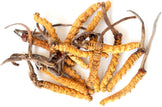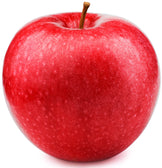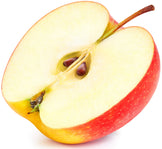Lung Health

In Western medicine, the lungs are principally regarded as respiratory organs responsible for oxygenating the blood and removing carbon dioxide. Their functions extend to warming and humidifying inhaled air, facilitating gaseous exchange, and filtering harmful substances (West, 2012, Respiratory Physiology: The Essentials). On the other hand, traditional Chinese Medicine (TCM) posits that the lungs govern Qi and respiration. According to TCM, lungs amalgamate clean air with grain Qi—energy derived from consumed food and water—as well as body fluids and spleen essence. This complex mixture is distributed throughout the body to provide nourishment and moisture (Wu et al., 2017, Journal of Traditional Chinese Medical Sciences). Furthermore, TCM ascribes additional roles to the lungs: controlling channels and blood vessels, governing skin and hair—including sweat regulation—and being susceptible to emotional states like sadness (Li et al., 2019, Evidence-Based Complementary and Alternative Medicine). Both the nose and hair are considered manifestations of lung health in TCM (Cheng et al., 2014, Journal of Traditional Chinese Medicine).

Categorieswhen you select any items page will be refresh and focus will be move out of the page
Health Concerns
Cordyceps Mushroom Extract Powder
Cordyceps Mushroom Extract powder is made from the mushroom species Cordyceps Sinensis, which has a long history in traditional...
Current price$32.99
Apple Powder - Organic
October and autumn are a magical time of year. In many places, it is a time for festivals and the beautiful changing of the lea...
Current price$21.99
Elderberry Powder - Organic Freeze Dried
Elderberries have been used as a tonic in folk and traditional medicine for centuries. The earliest references come from Ancien...
Current price$54.99
Feel Better. Look Better. Be Better.
Get on the list for actionable Health & Nutrition advice every week.





























